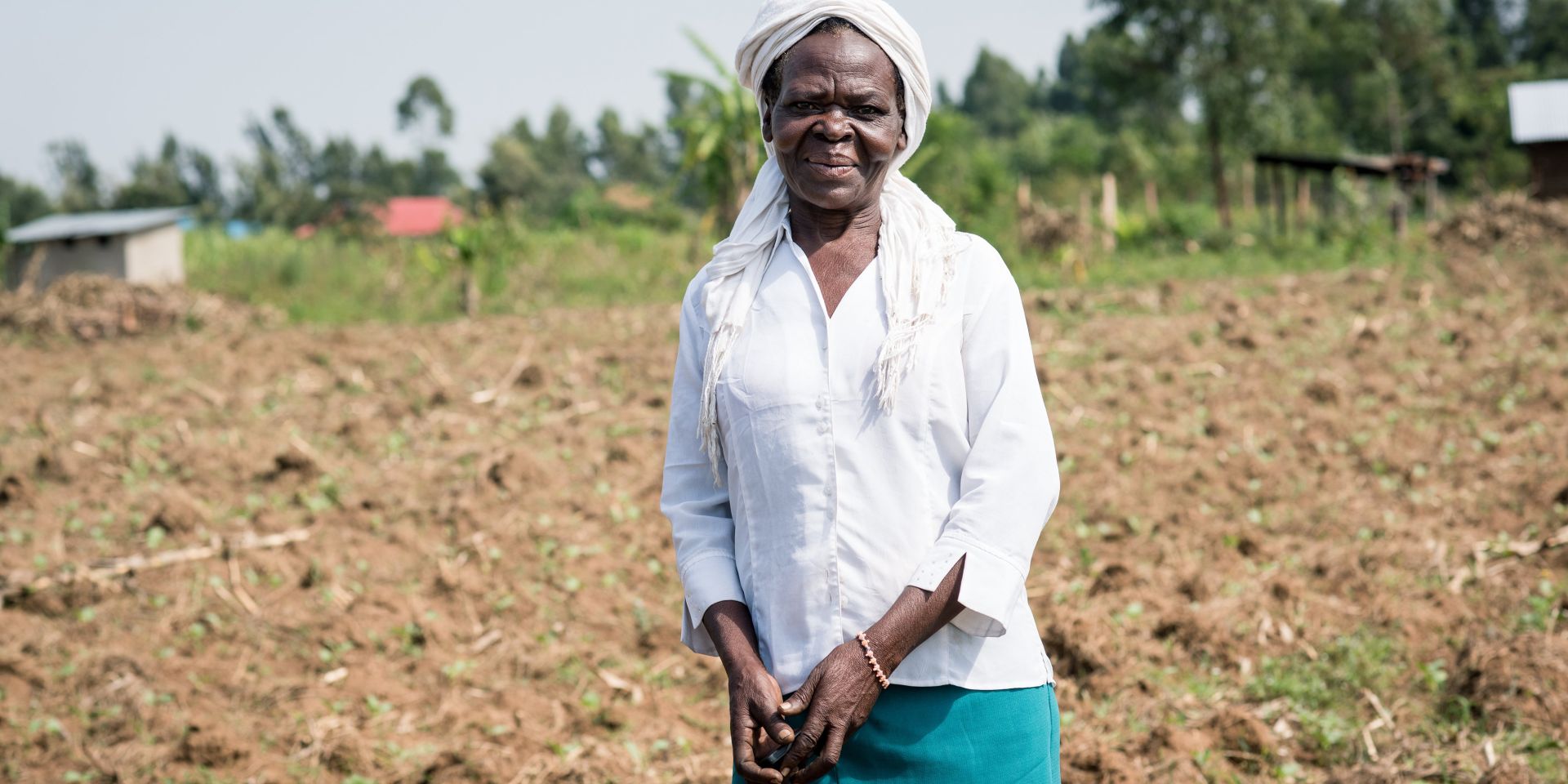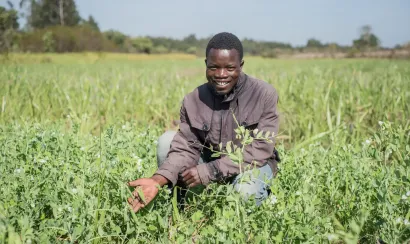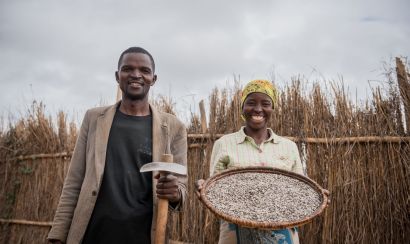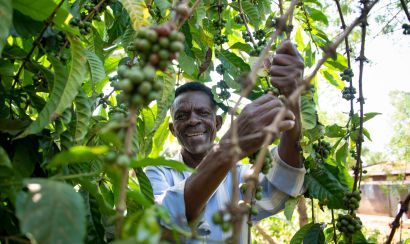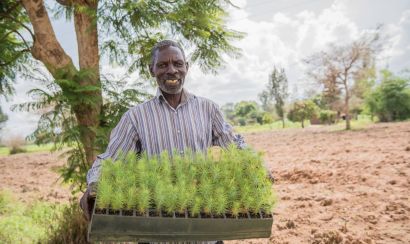10 Years With One Acre Fund
A Decade of Hardship, a Decade of Success
Twenty years ago, Theresa Wanyama’s husband died, leaving her with a few small plots of land near their home in Western Kenya and eight young children to care for all by herself.
Theresa had only completed the first year of high school, and farming was the only trade she knew. After struggling for 10 years to harvest enough crops from her land, Theresa felt that she had failed. Her older children had dropped out of school and couldn't find work. She saw their futures starting to repeat her own.
“It was hard for me to buy shoes for the family then, and I knew I wanted my children to have more than that,” Theresa says. “I wanted my children to be the types of people who didn’t have to worry about basic needs for their children.”
That’s why in 2006, when One Acre Fund first launched, Theresa was one of the first 38 farmers to enroll. She was skeptical of the new organization that had no reputation, but she heard they would provide her with agricultural training that might improve her yields. She felt she had no other options.
“I was shocked!” Theresa says with a big grin, remembering the results of that first year's harvest.
After learning how to space her seeds and properly microdose fertilizer, Theresa more than tripled her maize production on one-fourth of her land.
“One Acre Fund has been able to eliminate hunger in my family,” Theresa says. “I’ve never been without food since, and now I have the knowledge to plant well.”
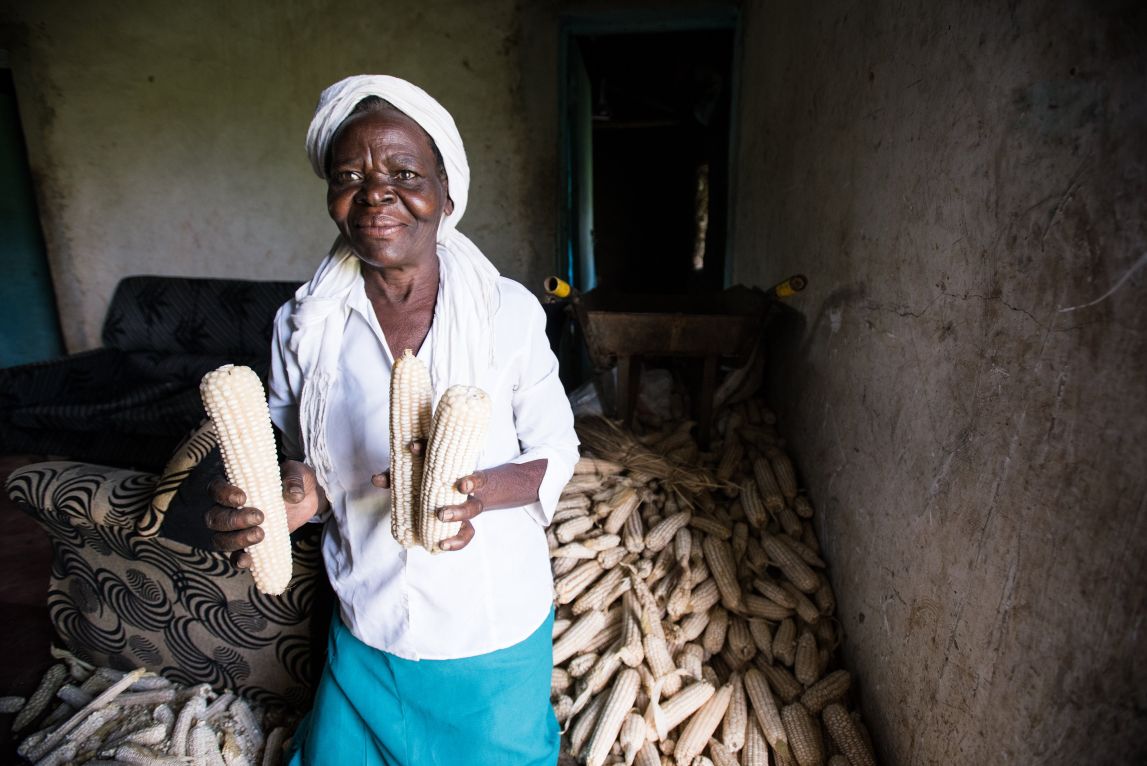
A Bright Future for Theresa and Her Children
For the last 10 years, Theresa has enrolled again and again with One Acre Fund and has steadily altered the course of her children’s lives.
This year, Theresa is paying tuition for three of her children to attend technical colleges, two for teaching and one for agriculture, and for a fourth child to attend university. To help pay this year’s tuition, Theresa cut and sold 20 grevillea trees that she had been growing since she bought them from One Acre Fund in 2009. The trees brought in 40,000 Kenyan shillings (approximately $395), which helped bolster the savings she’d held back selling her crop surpluses each year.
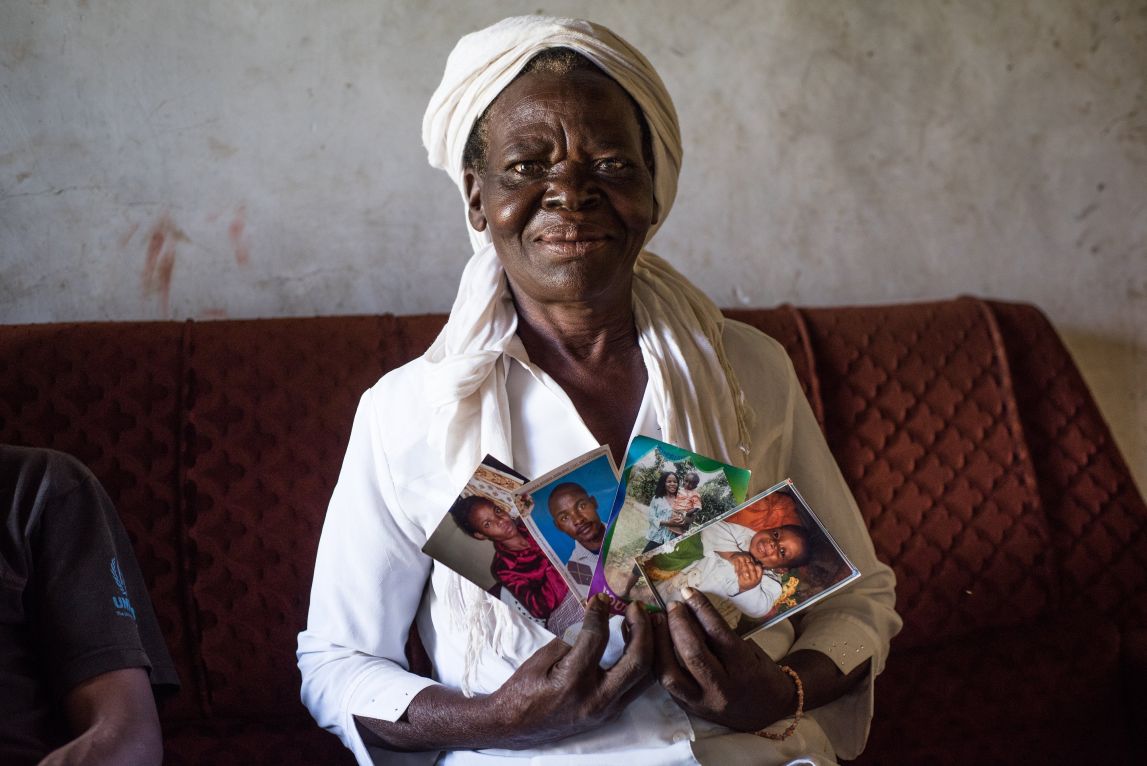
“I am proud that my children have reached a higher level of education because I worked very hard for them,” Theresa says. “It’s because of my success in farming that they’ve been able to achieve this. I believe that people who are well educated have a sense of direction in this world. They are able to see things outside of our village life, and it opens up their minds.”
